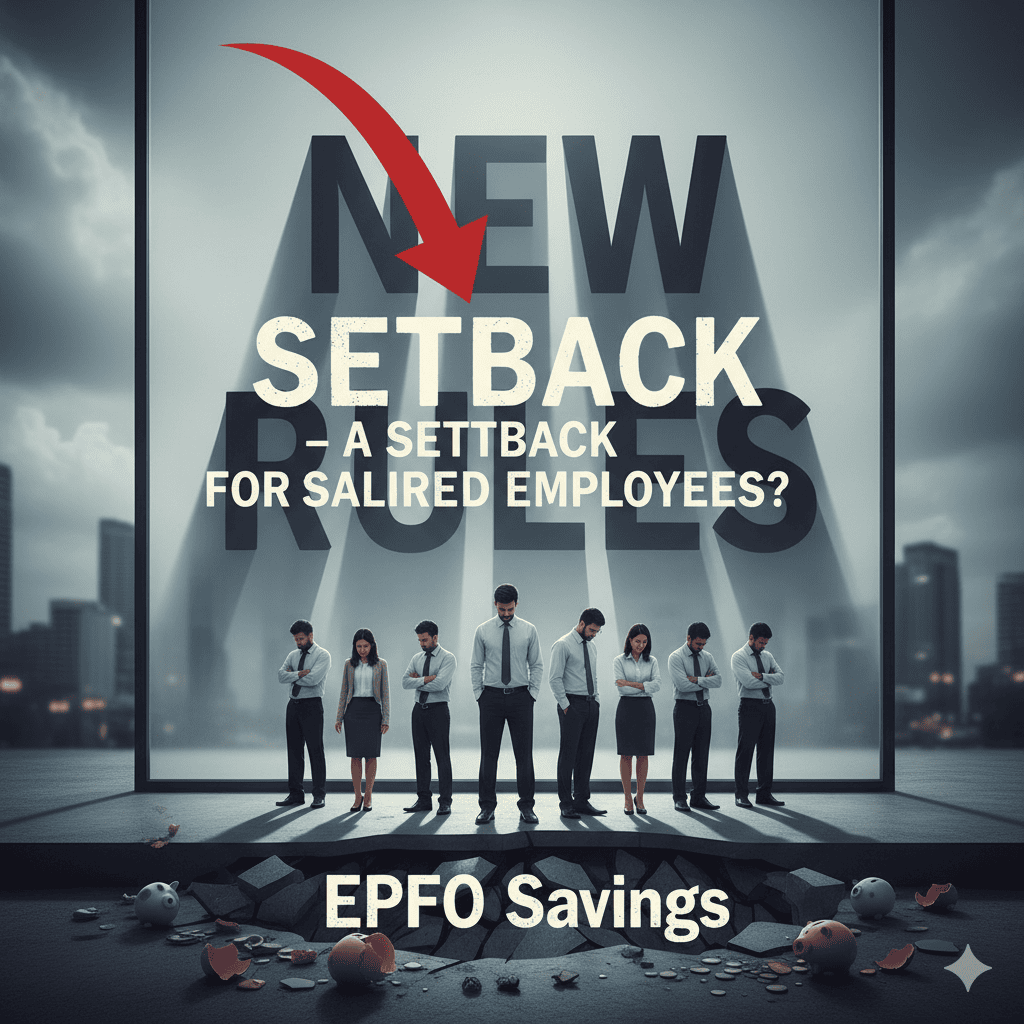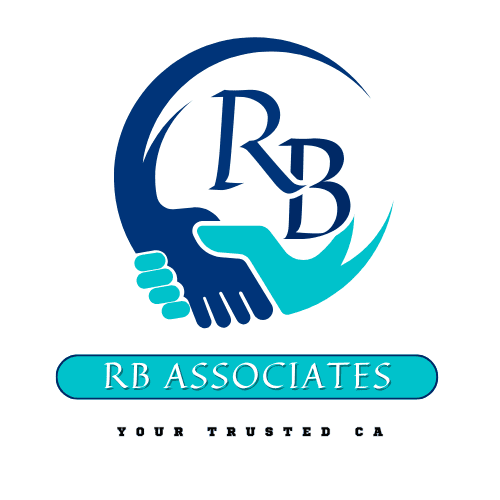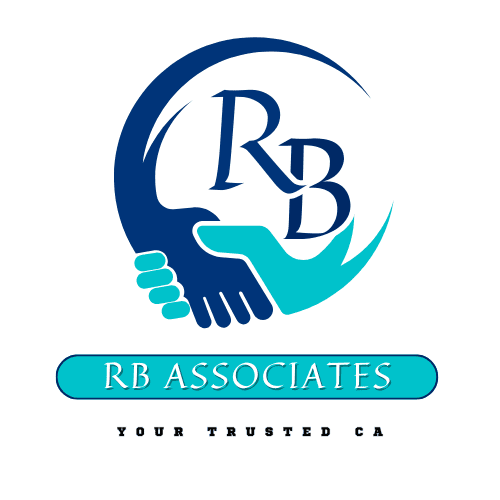The Employees’ Provident Fund Organisation (EPFO) has recently introduced new rules that affect how and when employees can withdraw their PF and pension amounts. While these rules aim to protect retirement savings, many employees feel they make it much harder to access their own money. Let’s understand what’s changed and why it matters.

1️⃣ You Can Withdraw PF Only After 12 Months of Unemployment
Earlier, if you lost your job, you could withdraw your PF after just 2 months.
Now, the new rule says you can withdraw it only after 12 months of being unemployed.
💬 Example: If you lose your job in January 2025, you’ll be able to withdraw your PF only in January 2026.
🧠 Why this matters:
People who lose their jobs often need their PF money for daily expenses or emergencies. A 12-month wait can create real financial stress.
2️⃣ Pension Withdrawal Now After 3 Years
Earlier, you could withdraw your pension after just 2 months.
Now, you must wait for 36 months (3 years) to get your pension amount.
💬 This is a long wait, especially for those who retire, move abroad, or urgently need funds for medical or personal reasons.
3️⃣ What is “Eligible Balance”? Nobody Knows Clearly!
EPFO now says you can withdraw 100% of your “eligible balance.”
But what exactly is eligible balance? The term isn’t clearly defined.
💭 This can cause confusion, delays in claims, or even rejection of applications if you don’t know what portion of your PF is “eligible.”
4️⃣ 25% of Your PF Will Stay Locked
Another major rule says that 25% of your PF balance must remain invested — even if you withdraw a part of it.
The idea is to protect your retirement fund, but it reduces your ability to use your own savings when you need them most.
💡 What Does This Mean for You?
✅ You’ll need better financial planning for emergencies.
✅ Don’t depend on PF withdrawals for short-term needs.
✅ Keep track of your EPF account and stay updated on changes.
⚖️ The Bigger Question: Fair Move or Too Harsh?
EPFO says these rules will help protect employees’ retirement money and prevent misuse.
However, many employees argue that it’s their hard-earned money, and access to it shouldn’t be so restricted — especially during job loss or crisis.
✍️ Final Thoughts
The intention might be good, but the timing and nature of these rules have made things difficult for salaried individuals. Accessing your own savings shouldn’t feel like a struggle. Hopefully, the government reconsiders some of these restrictions for the benefit of employees.

